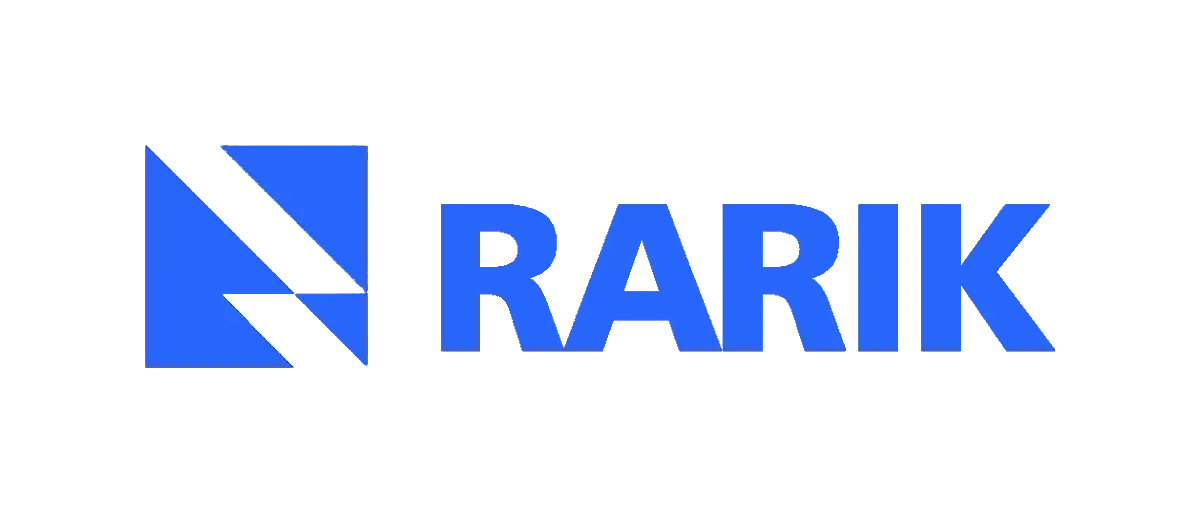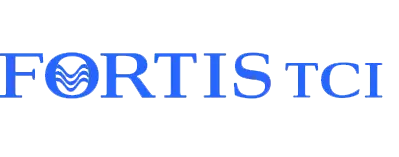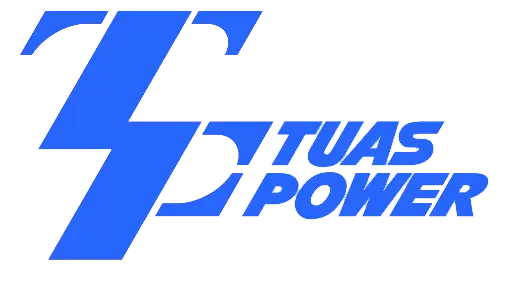Unbundling and Opening the Market in Just Two Years
While the gas sector’s liberalization started in the late 1990s, with the privatization and stock market flotation of the former state monopoly, it was the adoption of the EU Gas Directive in early 2016 that brought sweeping change to the market. In the space of just two years, the value chain and legal structure of the sector were unbundled, and the market opened to competition. Unbundling took place in two steps.
Effective January 2017, gas transmission and storage activities were demerged into a fully independent system operator called Conexus Baltic Grid (ownership unbundling). From December that year, a new gas distribution system operator (DSO), called Gaso, started to operate as a separate legal entity within the Latvijas Gāze group (legal unbundling).
In parallel, in April 2017, the business-to-business (B2B) gas supply market was opened to competition, followed by the business-to-consumer (B2C) market, in January 2019. Since then, all gas consumers have been able to freely choose their supplier; businesses could negotiate the pricing terms and conditions for their gas supplies, while households could actively shop for alternative offers.
By the end of 2018 (the first full year since the B2B market opening) a record 28 new gas suppliers had registered to operate in Latvia. In February 2019, the first new entrants started targeting household customers.
Transforming the Business with Critical Open-Market Capabilities
In 2016, incumbent Latvijas Gāze had two short years to reorganize as a group and transform as a business — a transition that was going to require a major shift in the mindset of the company and a step change in its business processes.
As the B2B market opened, the company faced two pressing issues, both of which had profound implications for its IT systems: legal unbundling and the ability to effectively operate as a competitive gas supplier.
Ensuring DSO Independence
During most of 2017, Latvijas Gāze (supplier) and Gaso (DSO) had operated as an integrated company using a single billing system. After the legal unbundling, on December 1, 2017, Gaso
retained ownership of the existing system, while Latvijas Gāze rented application functionality from it. While systems separation wasn’t mandatory, it soon became clear that, in order to fulfill the regulatory requirement of DSO independence vis-à-vis its parent company, Latvijas Gāze needed to procure a separate billing system for its supply business.
Adapting to a More Demanding B2B Market
In the meantime, the B2B market — the lifeblood of Latvijas Gāze’s business, accounting for around 90% of total gas demand in the country — was rapidly becoming more demanding and
complex. Price liberalization generated a variety of customer requirements for new product features. Large price-sensitive commercial and industrial (C&I) consumers, in particular,
demanded:
• Products with advanced pricing and flexibility options (e.g., fixed, hub-indexed, and formula-based pricing, sales in storage, virtual storage)
• Shorter and more variable contract durations (e.g., next-month, next-quarter), moving away from traditional one-year contracts to cope with higher short-term price volatility in European markets (German GASPOOL prices are mainly used as reference in the Baltics)
• More responsive suppliers, capable of bidding into short RFP windows, helping make energy procurement faster and more efficient
Meeting this demand required a host of new core system functionality for product configuration, contract management, and complex billing.
Growing product variety also required more advanced hedging, balancing, and demand forecasting capabilities, as well as the ability to deal with more frequent transactions. While renting functionality from Gaso’s legacy billing system enabled Latvijas Gāze’s operations to continue during the transition phase, it also restricted the supplier’s ability to influence system development and create new capabilities.
This in turn limited Latvijas Gāze’s ability to meet the evolving requirements of the B2B market and risked compromising its ability to do business in a scenario of rising competitive pressure and declining demand.
On the B2C side, with more than 400,000 household customers free to switch suppliers from the start of 2019, Latvijas Gāze was also going to need a revamp of its IT capabilities. Keeping up with evolving expectations for convenience and service quality (the main differentiators in the household market), in a highly digitized market such as Latvia, required modern digital customer experience management capabilities designed for an open retail market.


